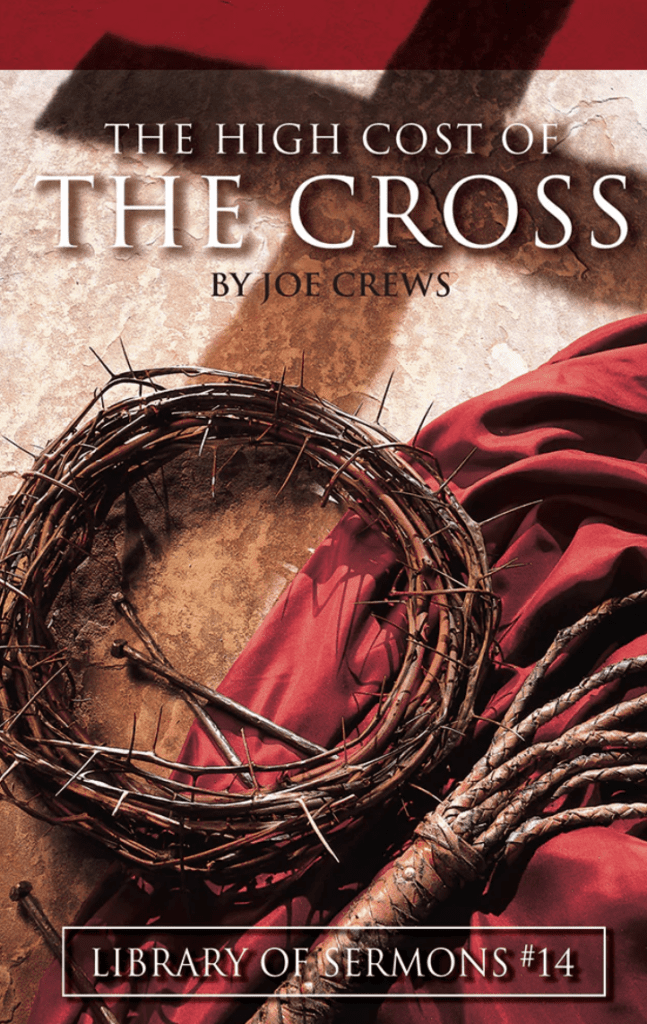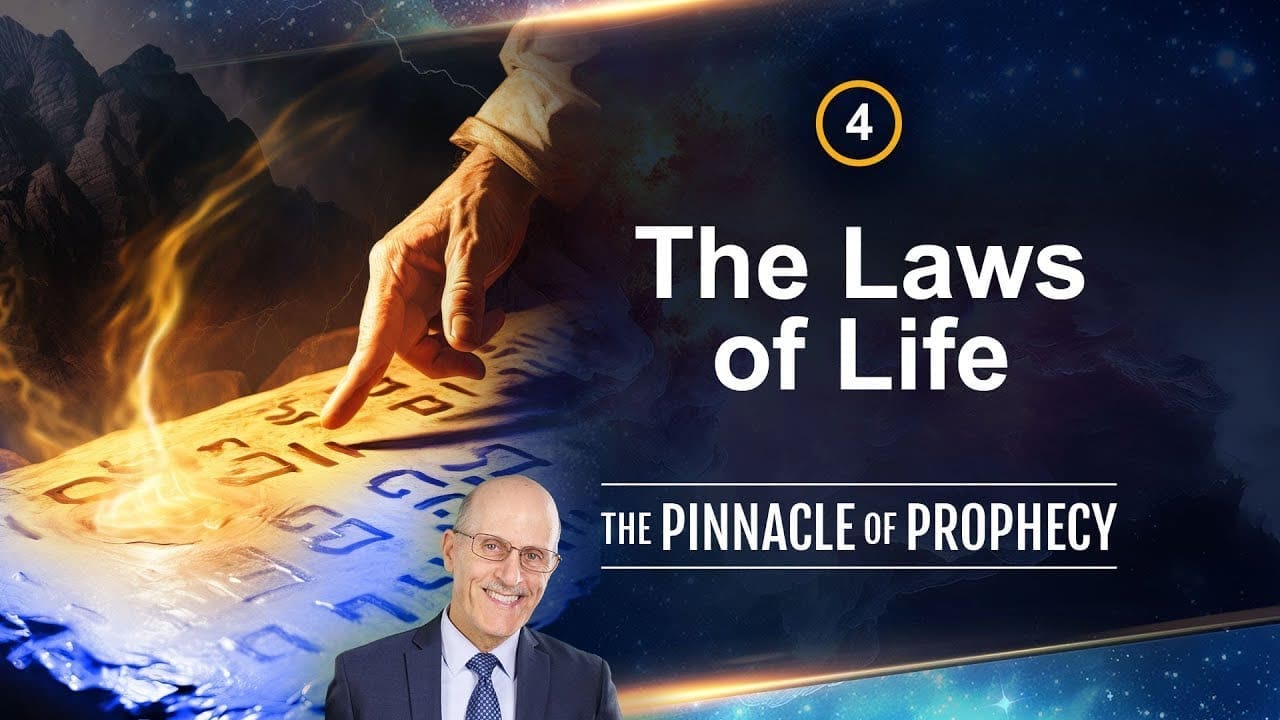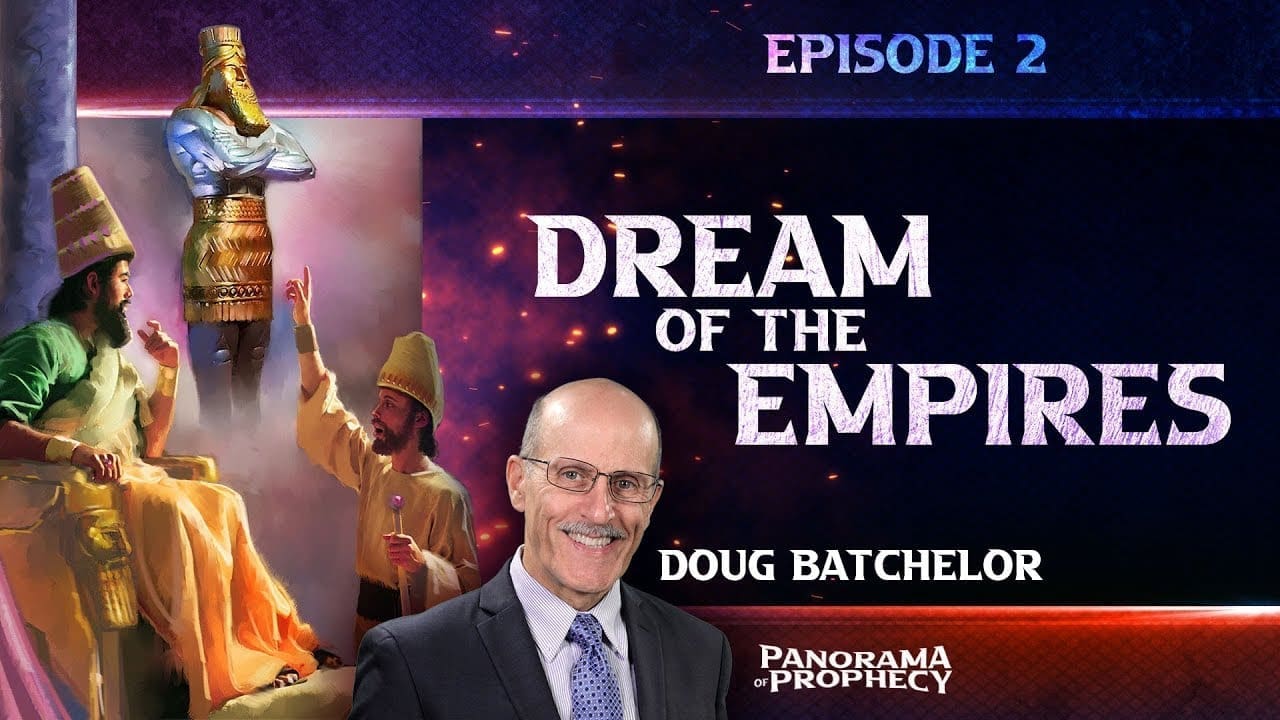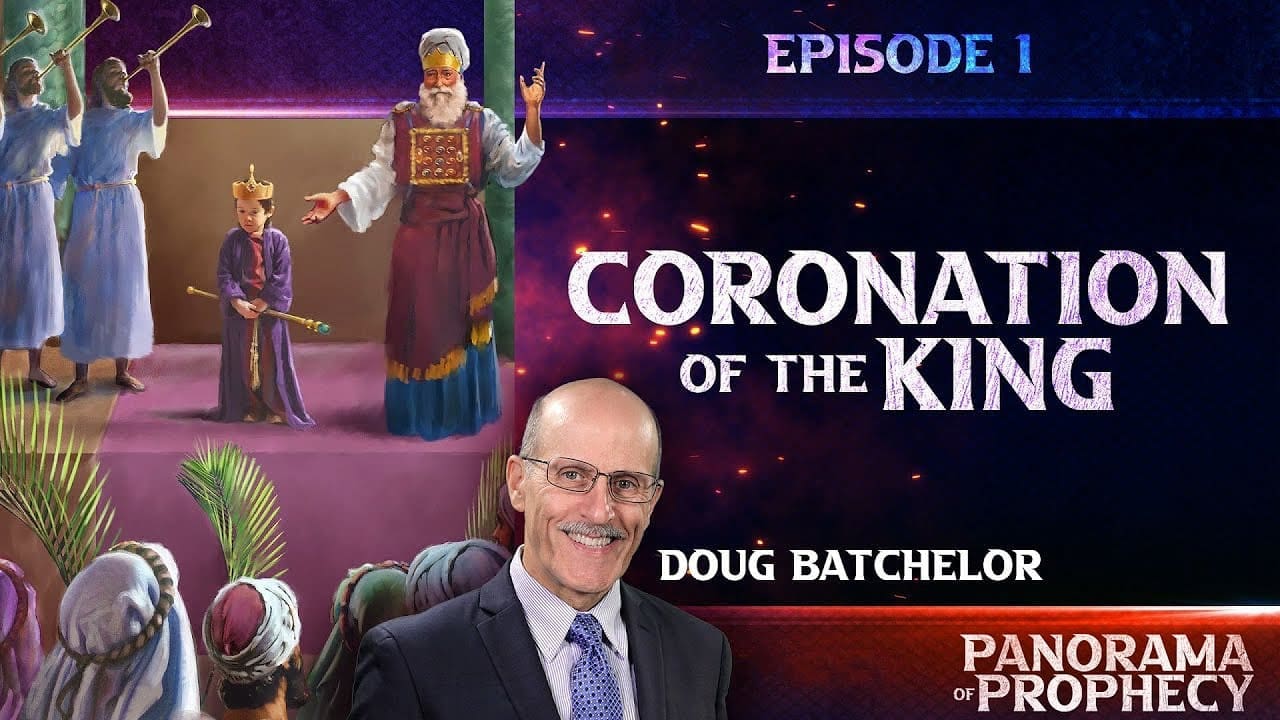The two passages mentioned, Acts 20:7 and 1 Corinthians 16:1-2, are often cited as evidence for the observance of Sunday as a holy day. However, a careful examination of the context and the language used reveals that they do not support the idea of Sunday replacing the Sabbath.
In Acts 20:7, it is mentioned that the disciples came together to break bread. Some argue that this refers to a communion service on a holy day. However, when we look at Acts 2:46, we find that the disciples continued daily with one accord, breaking bread from house to house. The breaking bread referred to here is the disciples eating their meals together, something they did every day, not just on a specific holy day. Furthermore, there is no indication in the passage that this gathering was intended to establish a new holy day.
The mention of the first day of the week in Acts 20:7 simply provides a general time reference for Paul’s itinerary. It does not imply the sanctity of the first day or the establishment of a new day of worship. The passage describes Paul’s meeting in Troas, which actually began on Saturday evening, as indicated by the mention of lamps in the upper room. The meeting extended into the early hours of the following day, which would be what we now call Sunday. However, the meeting falling partly on Sunday was due to the long duration of Paul’s message, not because it was a designated holy day.
Regarding 1 Corinthians 16:1-2, some interpret the laying aside of contributions on the first day of the week as evidence of a regular Sunday collection during a religious service. However, the context suggests that Paul was instructing the believers to set aside their offerings at home as a practical measure to ensure that the collection for the poor in Jerusalem would be ready when he arrived. It was a matter of financial preparation rather than an act of worship or the establishment of a holy day.
It is important to note that neither of these passages, nor any other passages in the New Testament, explicitly command the observance of Sunday as a replacement for the Sabbath. The silence of Christ and the apostles on the topic before Christ’s ascension, as well as the absence of clear instructions or discussions about a new weekly holy day in the New Testament, supports the continued observance of the seventh-day Sabbath.
The authority of the commandment of God in Exodus 20:10, which states, “The seventh day is the Sabbath of the Lord your God,” remains unchallenged.













